Heritage and the Late Modern State II
Mon statut pour la session
• imagined communities,
• heritage in conflict and cooperation,
• critical sustainability perspectives,
• the rise and fall of expert knowledge,
• rethinking heritage policies beyond elite cultural narratives,
• the future of heritage.
Sous sessions
The Social Democratic party was the leading political party in Sweden for more than sixty years and its politics have shaped the fundaments of Swedish society until recently. Shortly before the fall of the Iron Curtain in 1989, the Social Democratic Foreign Minister Sten Andersson declared that the Baltic States were not and had not been occupied by the Soviet Union. Since the end of the Second World War, Swedish Social Democratic politics have been based on this denial. Shortly after the ...
The rights of the state to assess and protect built heritage within its borders, to ratify international conventions, and to cooperate in bilateral engagements, have been foundational concepts of global heritage governance and practice. Extreme circumstances, particularly during conflict, may result in an intervention by non-state parties, but in times of peace it is the state’s authority that prevails. Some heritage forms are better fitted to this system of state borders than others: inta...
A speedy and laborious work on constructing city identity based on the Ottoman past as “The birth of the Ottoman Empire” (as listed in UNESCO WHL in 2014) has been taking place in Bursa since 2000, and more intensively in the last six years. The identity is chosen by the local or national authorities and is highlighted through urban renewals and revitalizations of some historical places. What is highlighted is a decision of politics, and so a result of power relationships. Renovation of Ot...
As Laurajane Smith (2006) noticed, heritage is a cultural and social phenomenon, just like language, which is considered to be one of the essential elements (markers) of ethnicity, later nationality. But we know, that at present, when languages are increasingly threatened by extinction risk, more than birds or mammals, they are not any more recognized as the essential identity markers, at least not in all cases. An example of such a case is the Irish language. Studying the Irish history, e...
The strong dominance of European architects in the Turkey Republic, both in academia and professional practice, started in the early decades of the Republic itself (founded in 1923), and continued until the 1960s. Foreign architects were invited to Turkey during the late 1920s and 1930s in order to create a new architectural language for the new secular modern state. In the following decade, they were challenged by their local contemporaries. Architects in Turkey had been in quest of a new...
For some time now, creative industries have played a major role in helping museums and galleries in most developed counties to rebrand themselves as active, user-oriented, and modern institutions. Exhibition design and digital media have been used as tools which can help in attracting visitors, increasing physical and intellectual access to collections, and in providing opportunities for constructive engagement, learning experiences and/or entertainment. As a sector that blurs dis...
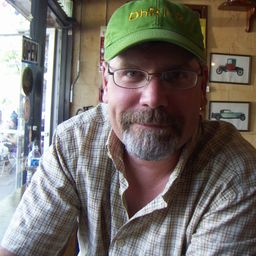
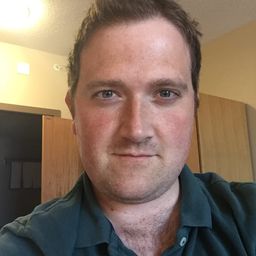

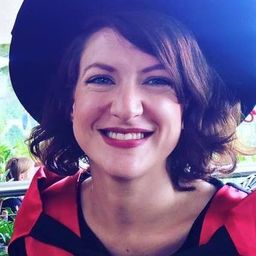
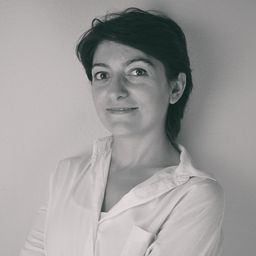
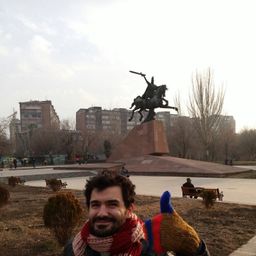
Discussion